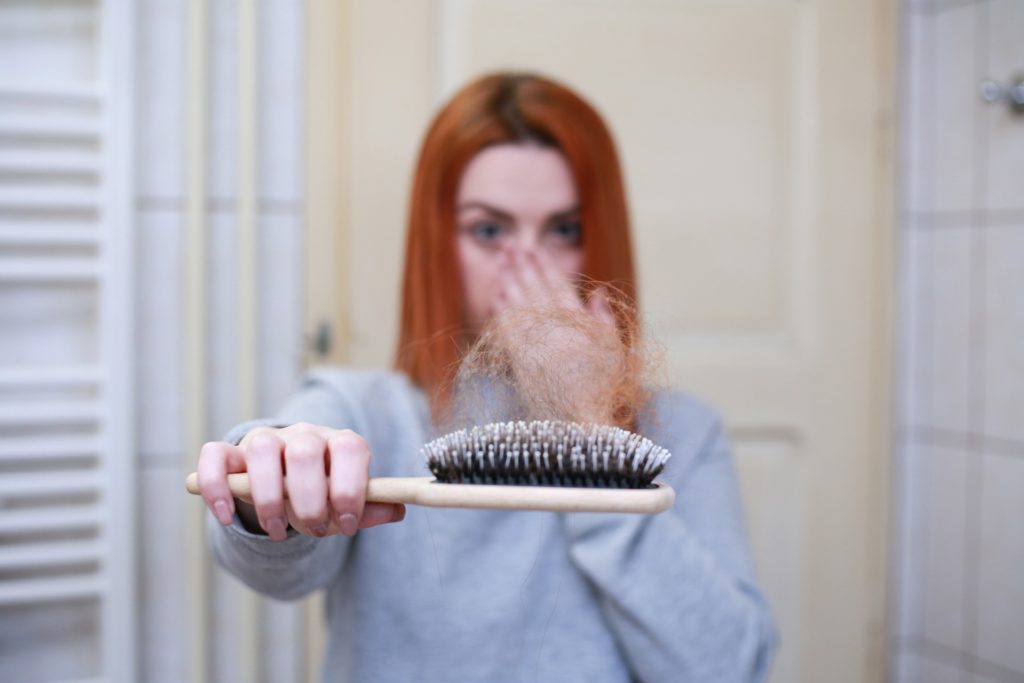
Postpartum recovery and what to expect
About Postpartum recovery
Postpartum recovery is a bit hard. Because your body has undergone tremendous changes. In the past 9 months. It is normal to feel weak after giving birth. Also not to have the same condition as before. Because a woman’s body after childbirth is weaker. It is more vulnerable. And can be more prone to some problems.
But do not worry. It will only last a short time. It will all be over soon. And your strength will return. Body have natural changes from the effects of pregnancy. Treatment of the mother after childbirth is not longer then six weeks. The most common postpartum problems are the following.
Postpartum recovery
Your body
The uterus is touched 25 times before giving birth. Therefore it requires time to return to normal state. Which takes maybe four weeks. When the baby is born, other organs start to arrange in the woman’s body.
The stomach is return. The small and large intestines all return. To their original positions. Such as gas and uncontrolled bowel emptying. Should be as temporary. And part of the healing process.
Lactation of milk happens. Is concurrently with these processes. And the breasts become a proof that the milk has arrived. Necessitating specific attention and care.
Postpartum recovery
Uterine infection
The placenta separates is expelled after delivery. That is in normal cases. If a piece of placenta remains in the uterus, an infection can develop. Infection can also lead of the mother’s uterus.
Signs of infection
Fever, elevated blood leukocytes, fast heartbeat, uterine enlargement, and a foul-smelling discharge. Region around the uterus becomes infected. It can cause excruciating discomfort. And also a high temperature.
Antibiotics are generally used. They can treat uterine infections. In order to avoid problems. If an infection is not treated appropriately, it might be fatal. Blood clots can form if the uterus is infected. Kidney infections can lead to serious complications.
Sepsis, can develop. If the infection spreads through the circulation. In any event, infections complicate the postpartum period. And deplete the mother’s strength. Which she would otherwise devote to bonding with her infant.
If you have some of those symptoms contact your doctor. As soon as the first indications of an infection appear. You need to be in order to obtain prompt treatment. And avoid any negative side effects.
Antibiotics you can used during the treatment. You may probably feel better after a few days of therapy. But continue to take it until the end. To ensure that the infection is entirely treated and can not reoccur. Tell your doctor if you don’t feel better.
Drink plenty of water to minimize dehydration. And make it easier for your body to fight infection. If you see any indications of infection see your doctor immediately.

Cesarean section infection
If germs enter the caesarean section it can become contaminated. And if the bacteria spread. It can reach the uterus. Also can cause a stomach infection. Symptoms typically develop a few days after surgery.
Redness around the incision is a sign of an infected caesarean section. Fluid seeping from the hole. Abnormal edema surrounding the incision.
Fever, increasing stomach discomfort, and odorless vaginal discharge. Are common indications. Infection following a caesarean section.
Consult your doctor if you notice any signs of infection. Redness, swollen skin, discharge, etc. Try to resist the urge to scratch the wound.
Postpartum recovery
Hair loss
Hormones prevent normal hair loss during pregnancy. Therefore usually a few months after delivery. Hair begins to fall out intensively.
This brings horror to many women. But do not worry. This loss is only temporary. And your hair will return to its previous volume.
Estrogen levels quickly return to normal after childbirth. Hair begins to fall out at a quicker rate. About a year after delivering birth. Your hair will revert to its natural pace of growth and decrease.
The good news is that it will all go away after six months. And you will resume normal growth.
How you can to aid hair loss?
You won’t be able to significantly affect. The process it has little to do. Take the vitamins or care items you use. Accept it as part of the normal. Adjustments your body undergoes after performing well. The greatest thing you can do is experiment with different hairstyles. Until you discover one that suits your needs. And makes your hair appear fuller.

Constipation and hemorrhoids
Constipation and hemorrhoids are prevalent among pregnant women. Those who have just given birth. They arise as a result of the larger uterus. Exerting pressure on the veins in the lower abdomen.
A diet rich in fiber and fluids can help. If sitting is uncomfortable. You can buy a donut pillow. Do not use laxatives, suppositories, etc. Without consulting your doctor. Especially if you have had an episiotomy. And have sutures in the perinatal area.
If the mother suffers severe constipation after giving birth. The lady does not always know what to do. Doctors have shifted their focus entirely to product evaluation. Vegetable oils, black bread, oat bran, muesli, and porridge. Should account for a large portion of it (pearl barley, millet, beauty).
It’s different to talk about constipation after birth. That is because you have districted options for treatment. You can eat: Apples, cherries, beets, carrots, broccoli, spinach, cabbage, and apricots. This kind of food will help you a lot.
Sexual intercourse
You can continue having sex. But when you feel physically and emotionally ready. After a vaginal delivery it is best to wait. Until the vaginal tissue has completely healed. Which usually takes about 6 weeks.
Also, if you have had a caesarean section. Your doctor will probably recommend that you wait at least 6 weeks.
Sexual intercourse can be uncomfortable. And even painful for up to 3 months after delivery. Especially if you are breastfeeding. Breastfeeding reduces the level of the hormone estrogen in the body. As a result of which vaginal dryness can occur.
You can overcome this by using water-based lubricants. It is not uncommon for the perinatal to become sensitive. As a result of the episiotomy performed several months after delivery. Prepare for the time when milk begins to flow from your breasts. During you’re making love. When you’re aroused, your breasts will be stimulated as well.
Milk baths were popular among the ancient Egyptians. But soaking your lover in lactose would be uncomfortable. But don’t be discouraged. Many couples can laugh at all of this. Have some wet wipes on hand!
Certainly, you cannot interpret the changes in your body as a sex aversion issue. It’s natural to not want to read anything.
Much alone have the strength to make love, you can when your baby is continuously screaming. You’re going through a major life transition. And you’re exhausted. Try to get some rest, you can when your kid is sleeping in the afternoon. This is give you more energy. And you can make things done. Talking to your husband is very important. Keep in mind that all this is temporary.

[…] baby is here. Congratulations! A pediatrician or nurse can assist the mother and infant during their initial days in the maternity hospital with any uncertainties or […]
[…] Postpartum recovery and what to expect […]
[…] Postpartum recovery and what to expect […]